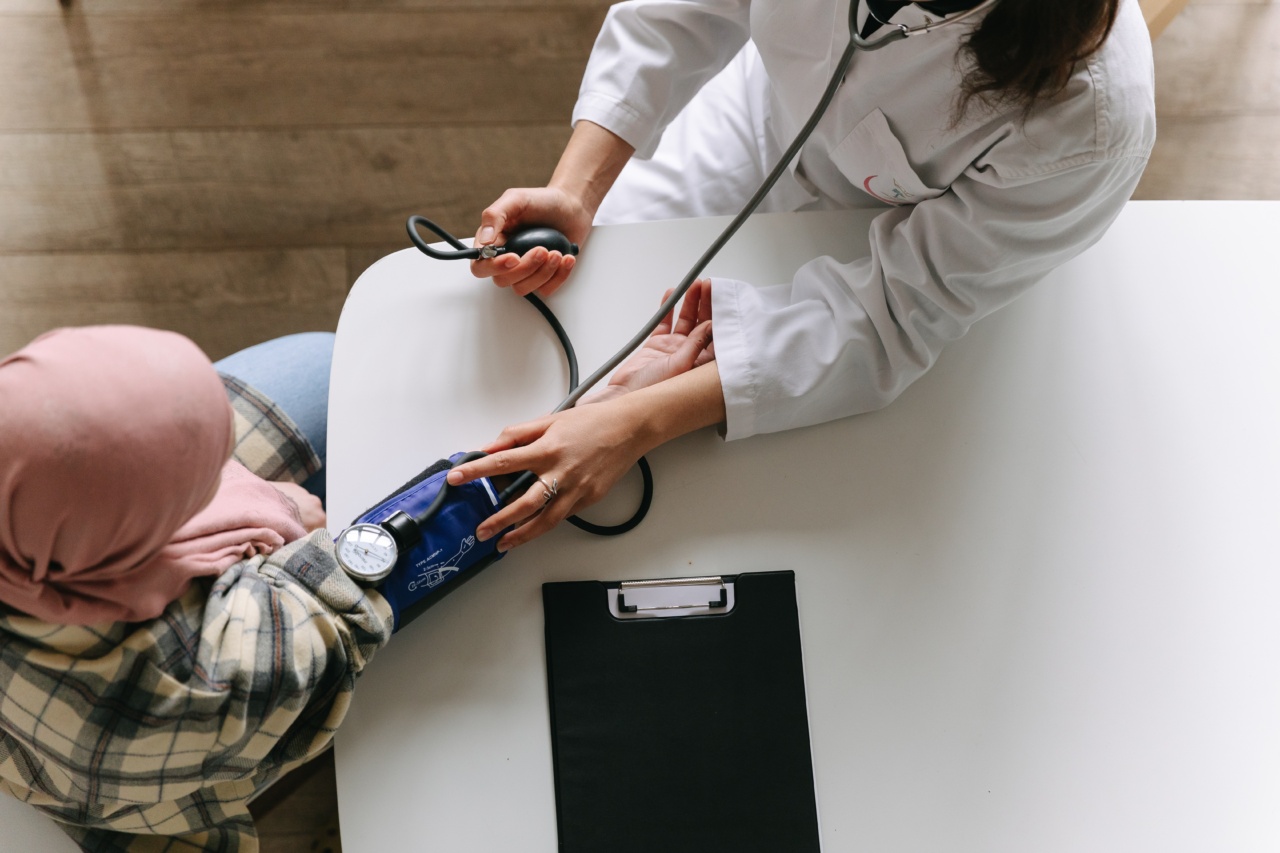The Kronitovirus is a highly contagious respiratory illness that has caused a global pandemic.
As scientists and medical professionals continue to study this virus, they have discovered that certain blood types may be more susceptible to severe illness and complications compared to others. Understanding your blood type and its potential risk factors can help you assess your susceptibility to the Kronitovirus and take necessary precautions.
In this article, we will explore the different blood types and their associated risks, providing you with valuable information to protect yourself and your loved ones.
Blood Types and Their Associations
There are four primary blood types: A, B, AB, and O. Each blood type is characterized by the presence or absence of specific antigens on the surface of red blood cells.
These antigens play an essential role in determining an individual’s compatibility for blood transfusions and can also influence their vulnerability to certain diseases and infections, including the Kronitovirus.
Blood Type A
Individuals with blood type A have the A antigen on the surface of their red blood cells. Studies suggest that people with blood type A may face a slightly higher risk of contracting the Kronitovirus and developing severe symptoms.
It’s crucial for individuals with blood type A to take extra precautions, such as following strict hygiene measures, practicing social distancing, and getting vaccinated to minimize their risk of infection.
Blood Type B
Those with blood type B have the B antigen on their red blood cells. Research indicates that individuals with blood type B may have a lower risk of contracting the Kronitovirus compared to blood type A.
However, this does not mean that individuals with blood type B are entirely immune. It is still essential for them to follow recommended preventive measures to avoid infection and protect their wellbeing.
Blood Type AB
Blood type AB individuals possess both the A and B antigens on the surface of their red blood cells.
Recent studies suggest that people with blood type AB may have a slightly higher risk of severe illness and complications associated with the Kronitovirus. This heightened risk may be due to certain genetic factors, although further research is required to establish a definitive link. Individuals with blood type AB should remain vigilant and prioritize their personal health and safety.
Blood Type O
Blood type O is characterized by the absence of both the A and B antigens on red blood cells.
Current research indicates that individuals with blood type O may have a lower risk of contracting the Kronitovirus compared to those with blood types A, B, or AB. While this may offer some level of protection, it is important to note that individuals with blood type O are still susceptible to the virus.
They should adhere to preventive guidelines, including regular handwashing, wearing masks, and maintaining social distancing, to minimize the risk of infection.
Other Factors to Consider
Although blood type can influence the risk of contracting the Kronitovirus, it is essential to understand that it is not the sole determinant.
Other factors, such as age, underlying health conditions, and overall immune system strength, can also significantly impact an individual’s susceptibility to the virus and the severity of illness. Therefore, it is crucial for individuals of all blood types to remain cautious and diligently follow recommended guidelines for protection.
Conclusion
Understanding the potential risk associated with your blood type can provide valuable insights when it comes to protecting yourself from the Kronitovirus.
While certain types may be associated with higher or lower risks, it is crucial to remember that everyone should take precautions regardless of their blood type. Following preventive measures such as practicing good hygiene, maintaining social distance, and getting vaccinated can significantly reduce the risk of infection and severe illness.
By staying informed and taking appropriate actions, we can collectively combat the Kronitovirus and keep ourselves and our communities safe.































